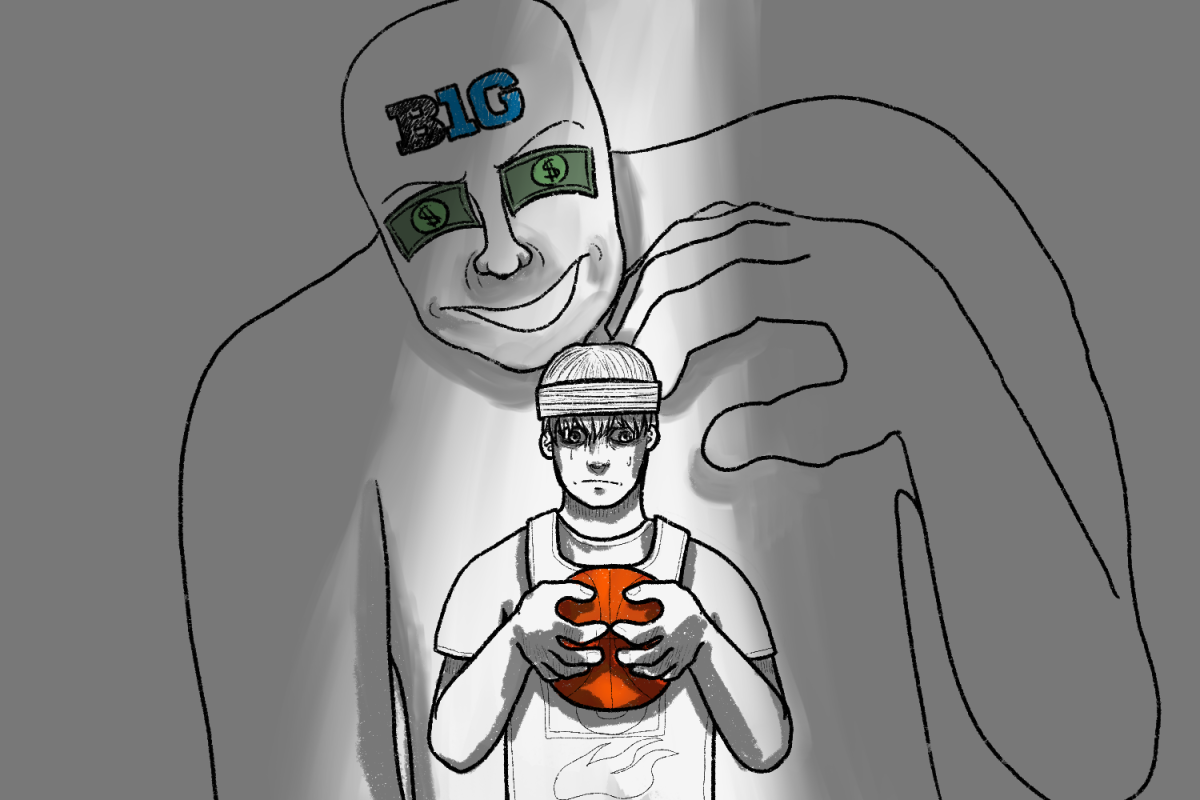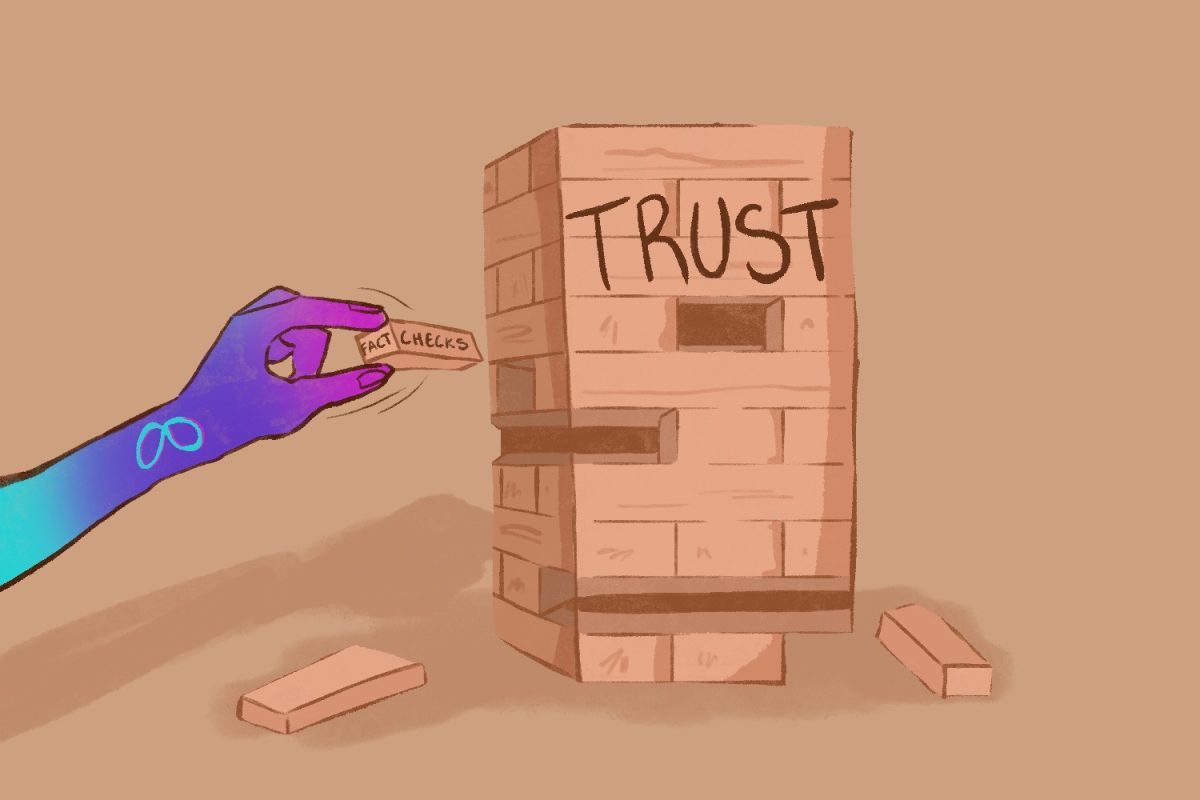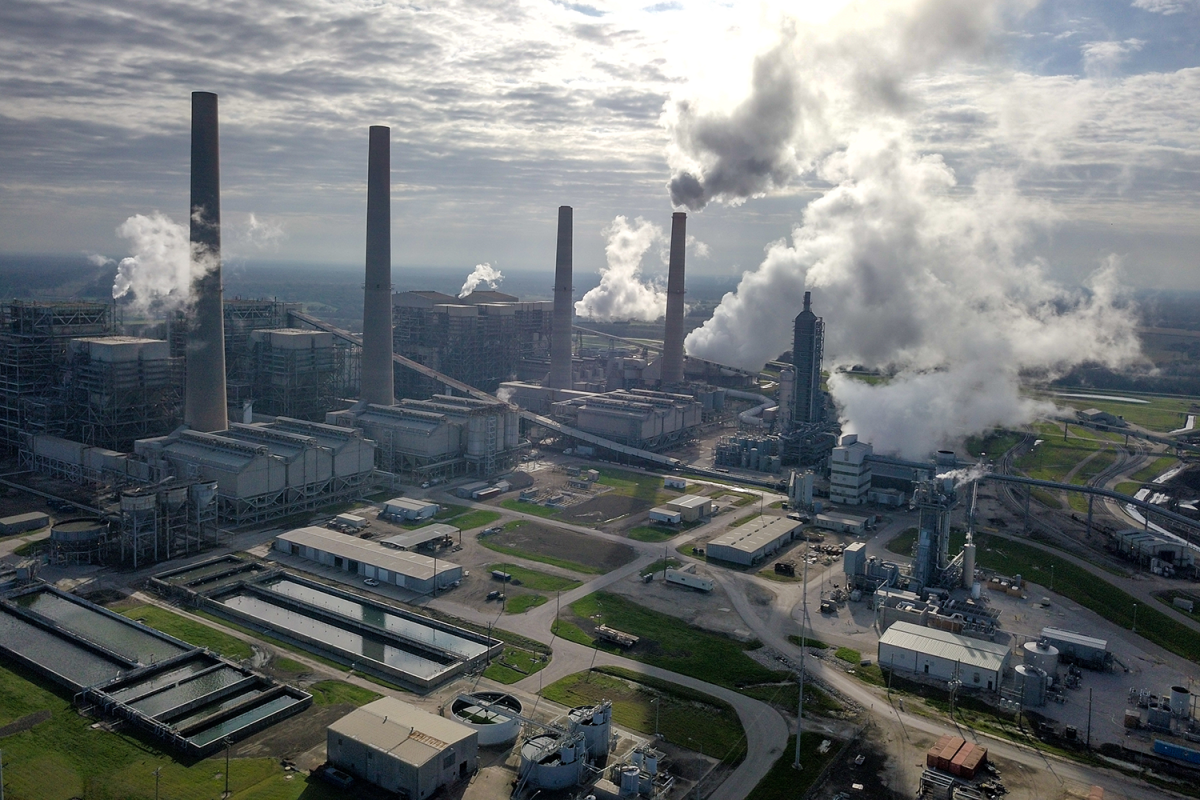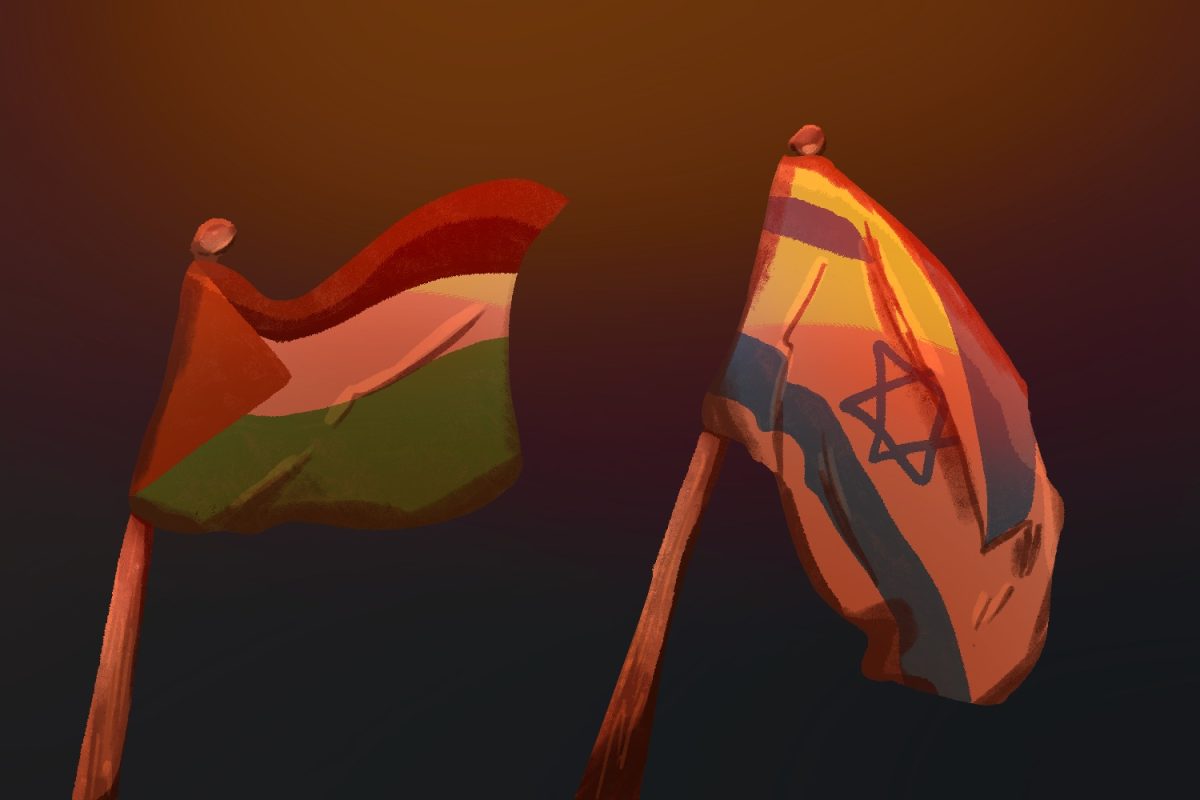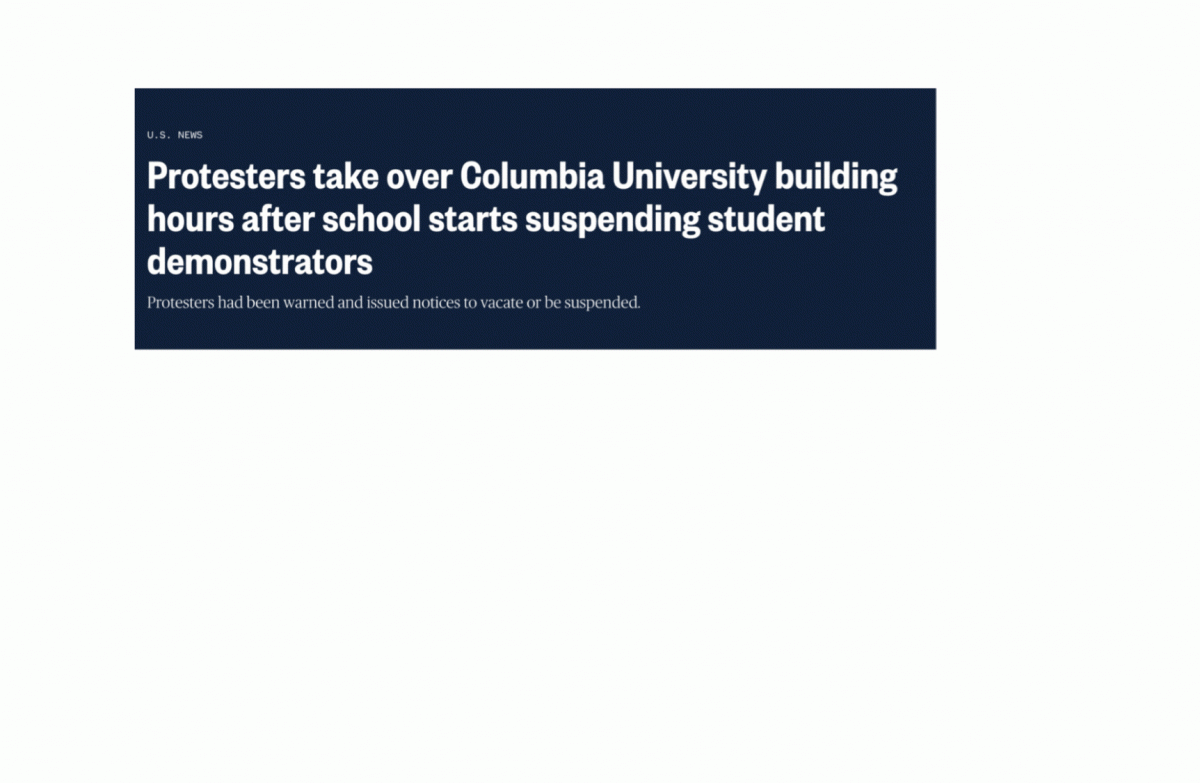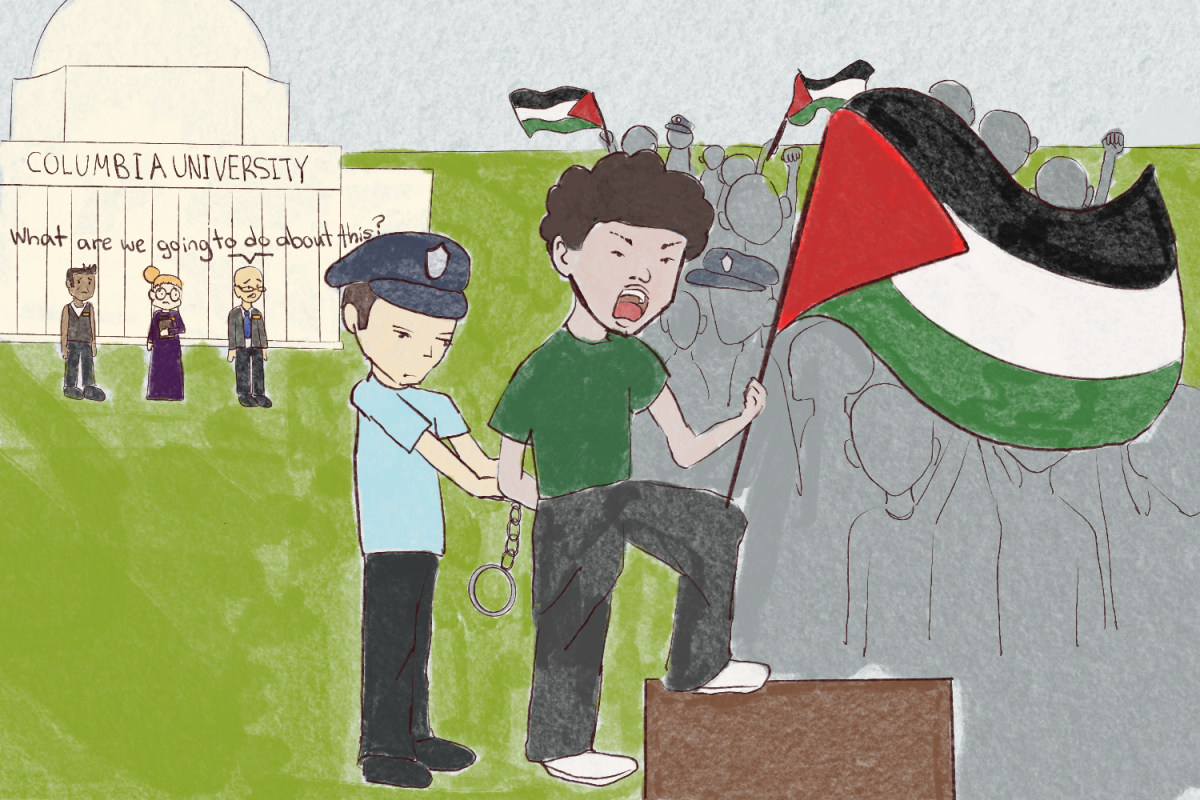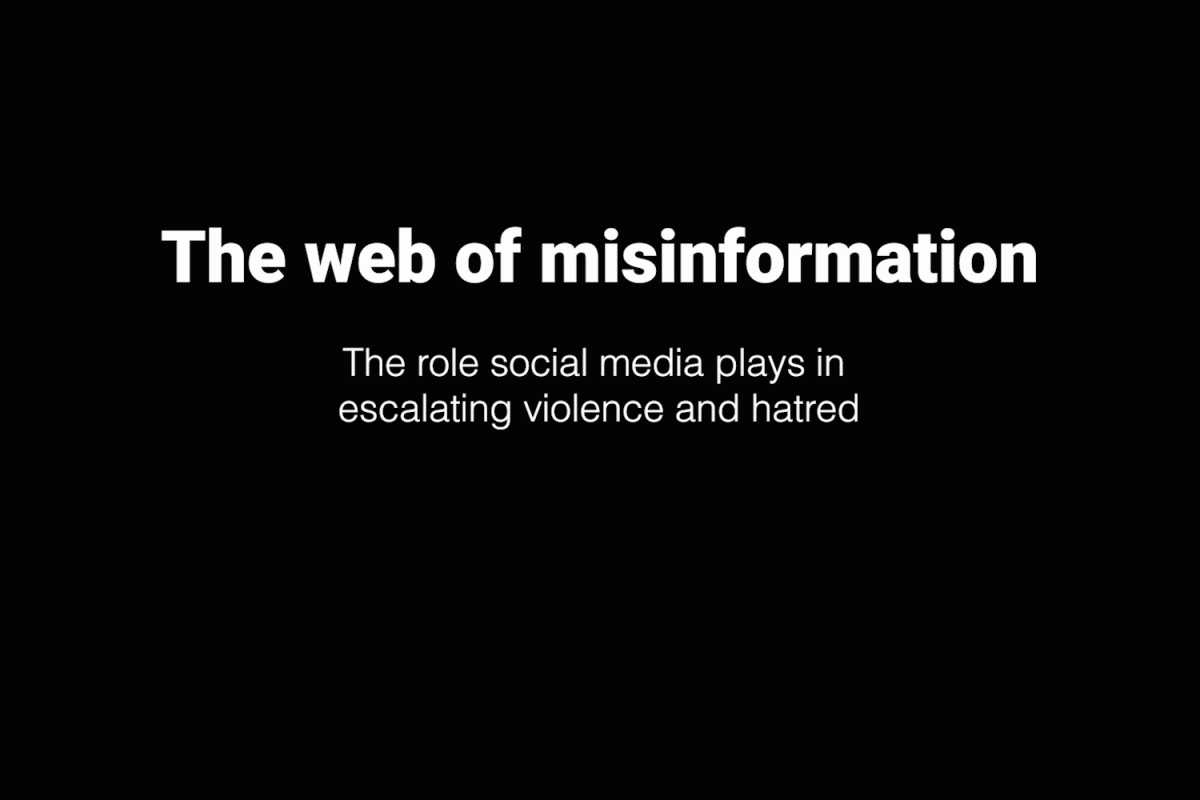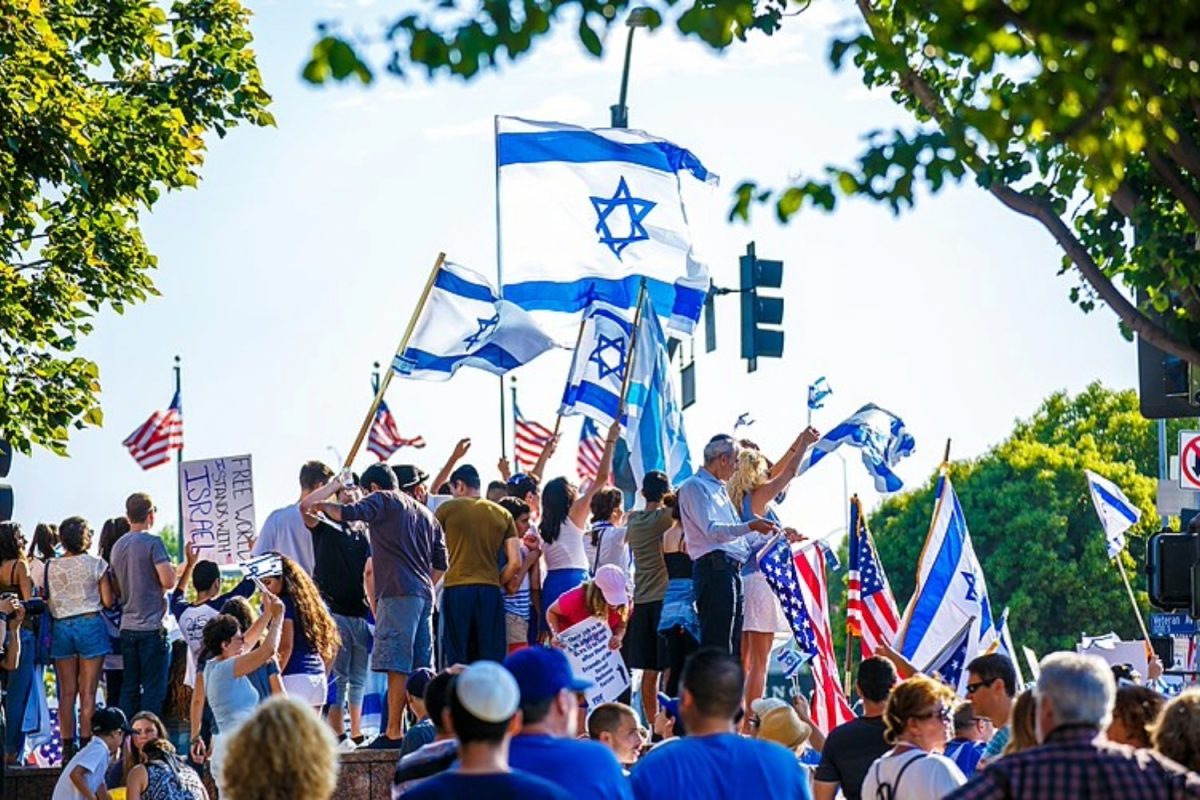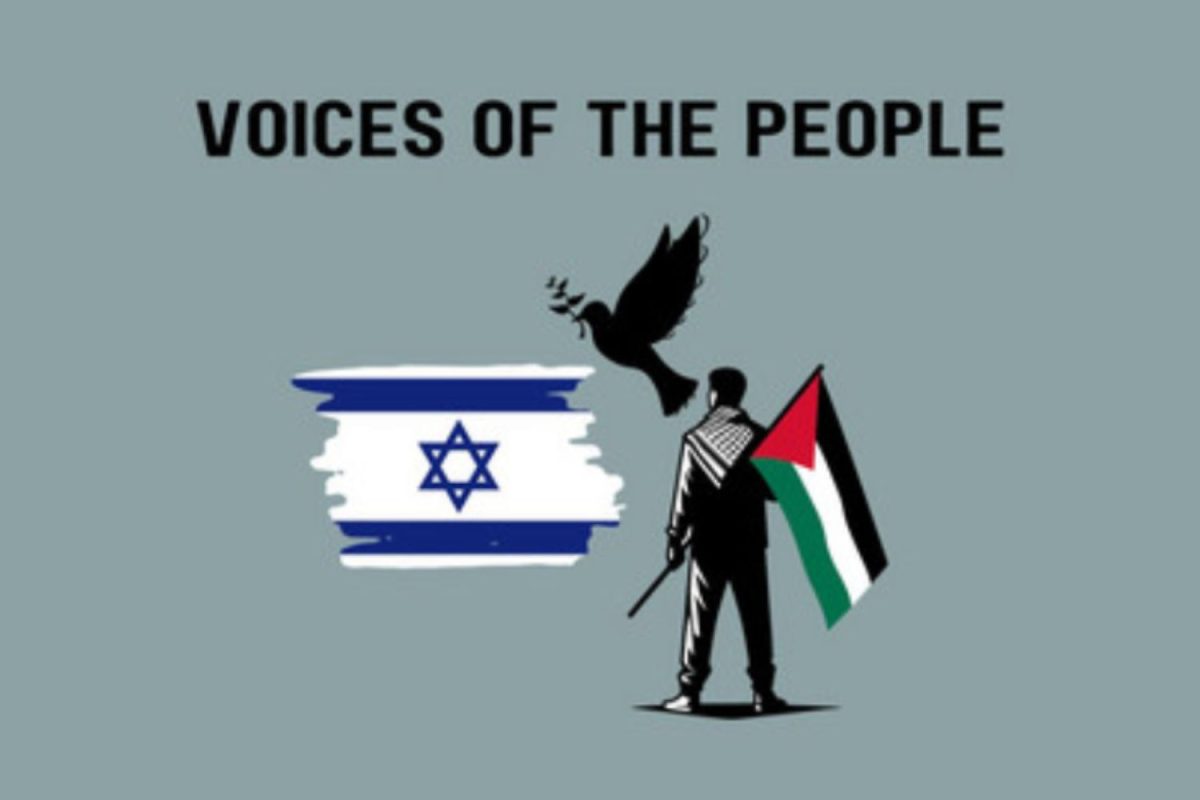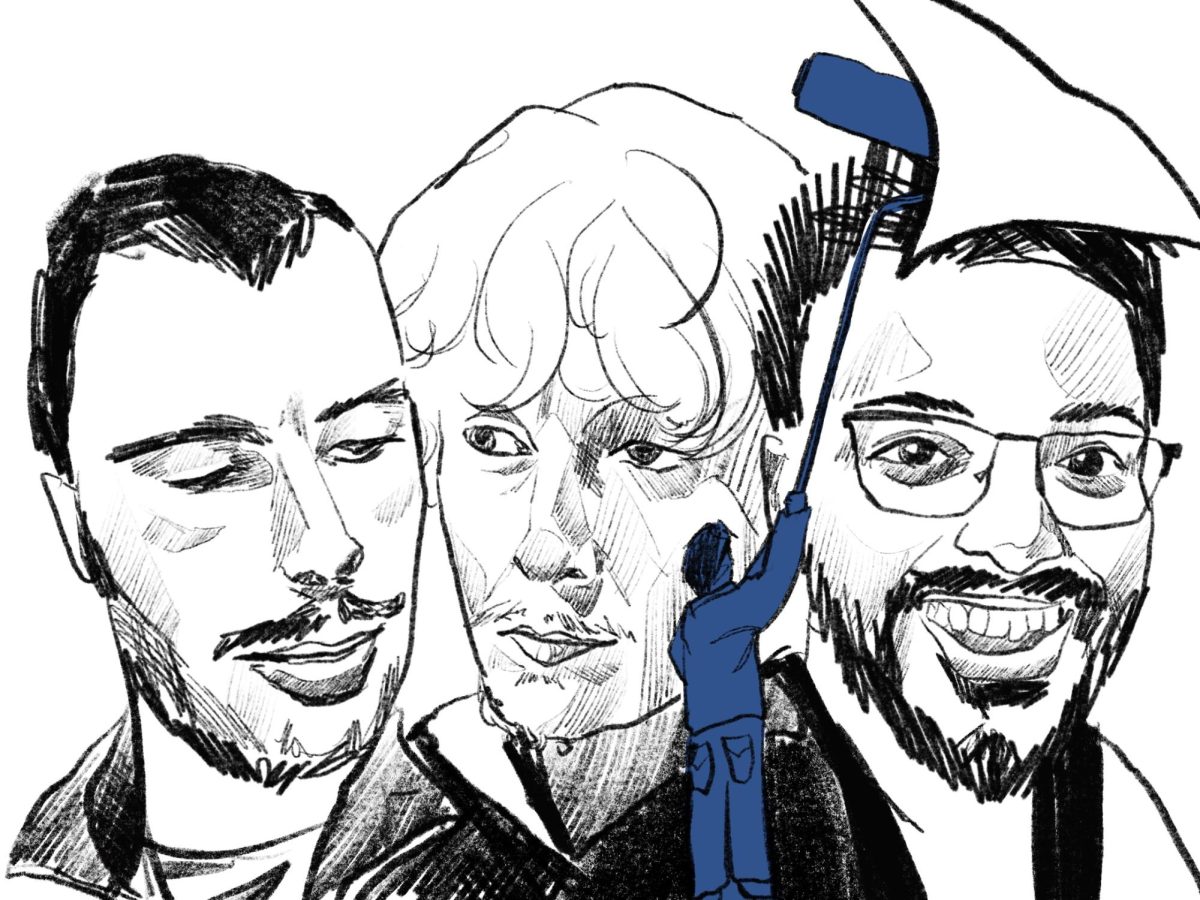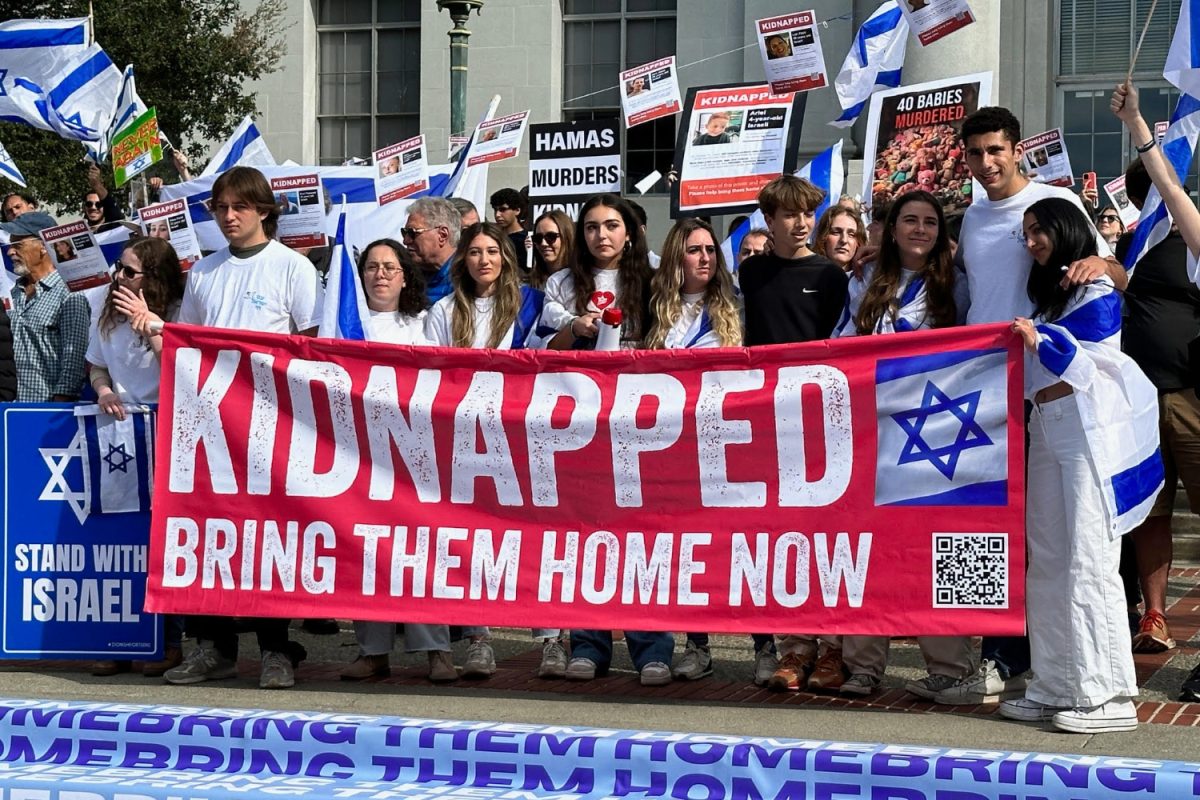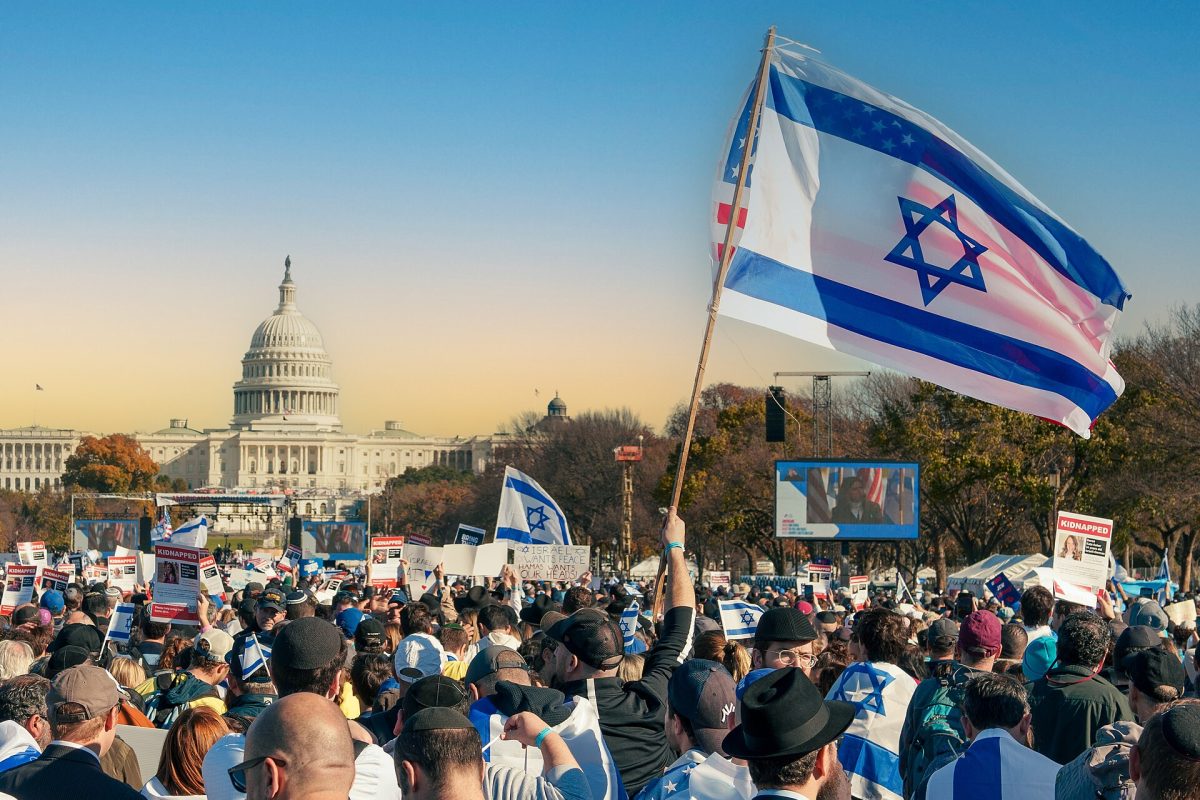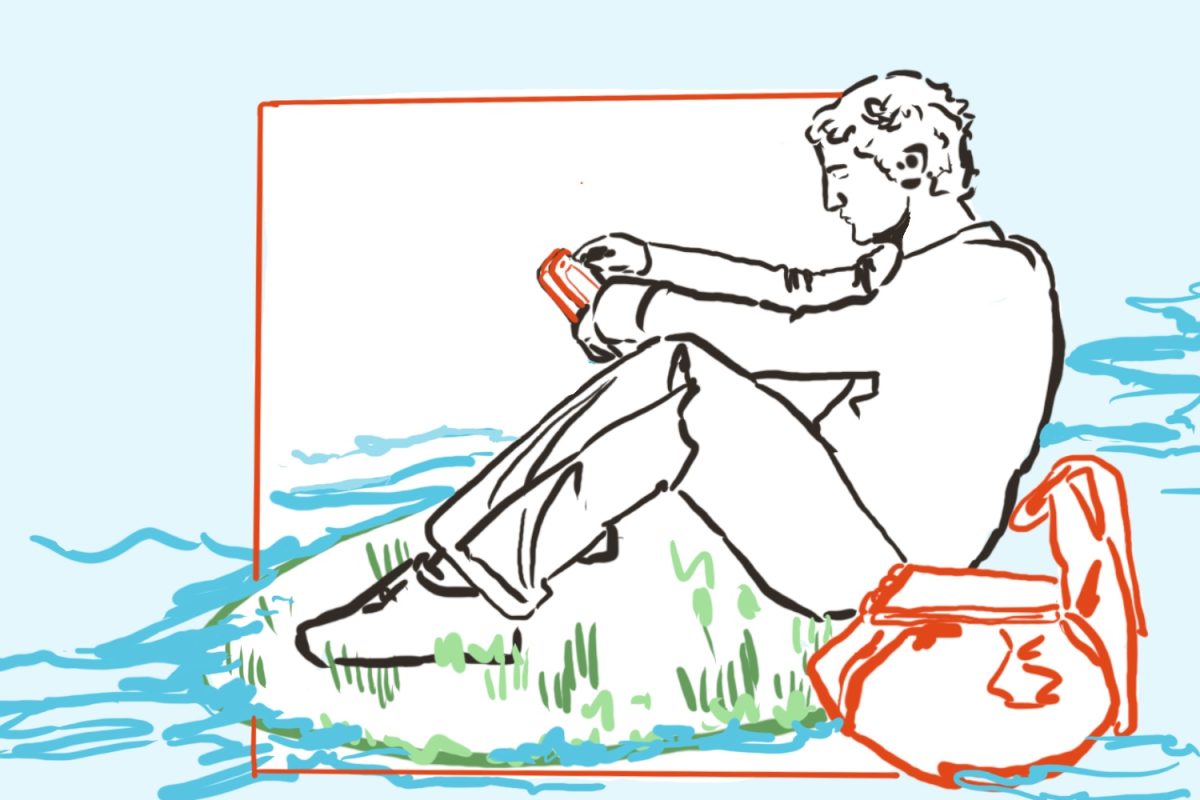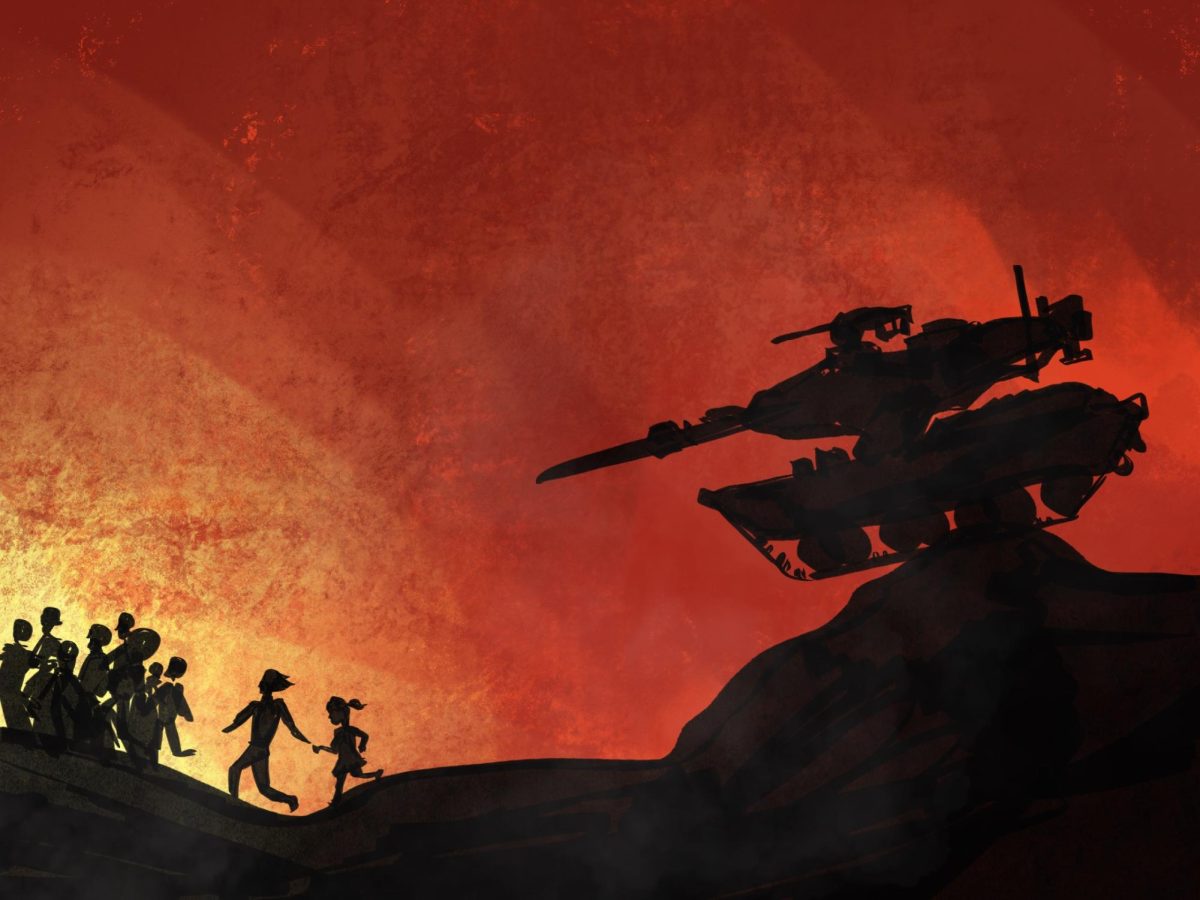Hamas executed a sudden insurrection of Israel on Oct. 7, with militants storming blockaded areas of the Gaza Strip as they shot people in small towns and communities. The attack culminated in more than 1,400 killed Israelis and more than 200 soldiers and civilians being held hostage by Hamas, according to the Israel Defense Forces (IDF).
Israeli Prime Minister Benjamin Netanyahu’s response was brutal towards Hamas, but also towards Palestinians. According to the Gaza Health Ministry, more than 10,000 Palestinians, mostly women and minors, have been killed since the start of the war. Intense fighting has caused 1.4 million Palestinians to be displaced in Gaza and nearly 30,000 residential units to be destroyed.
The damage to civilians throughout the latest Israel-Hamas war cannot be understated. And yet, when humanitarian aid is needed most, Israel is only allowing a limited number of aid trucks to enter Gaza while restricting the flow of fuel and cutting off electricity. Israel also ordered the evacuation of several hospitals and medical facilities, including Al-Quds Hospital, where 14,000 people are sheltered. The hospital, like many others, has refused and stated evacuation would risk death for those on ventilators.
Israel severely lacks an appropriate response to the humanitarian crisis in Gaza and persistently defends its actions by accusing Hamas of having bases in the vicinity of those hospitals. Shifa Hospital, the largest hospital in Gaza, had airstrikes hit close to the complex, which Israel defended by claiming Hamas has a secret command base beneath the hospital. While there is no situation in which a hospital should be subjected to bombing, ongoing threats continually target these medical facilities.
The attacks on Gaza have been brutal to civilians, and the immediate response should be calls to support aid. Defending the manner through which either Israel or Hamas have carried out their attacks is short-sighted and fails to identify the human cost of the conflict. While recognizing the complexity of the situation along with the animosity between the two sides may justify the existence of such a conflict, neither Israel nor Hamas can validate how civilians have been affected by the war.
Support for civilians is slowly rising, as shown by the United Nations General Assembly calling for a humanitarian truce in Gaza. The United States, a long-time ally of Israel, initially vetoed a UN Security Council resolution calling for a humanitarian ceasefire but has since proposed its own resolution on Tuesday, Oct. 24, calling for humanitarian pauses.
“We absolutely believe that if a pause can be effected to allow for the release of hostages, that is something we absolutely support. We believe Israel would support it,” said U.S. National Security Council spokesman John Kirby.
There needs to be far more urgency for a ceasefire to support civilians in Gaza who continue to struggle with little food, water, and no fuel. Whether the solution is to allow Palestinians to flee across Gaza’s shared border with Egypt or to send a greater amount of aid convoys to Gaza, the primary focus in the Israel-Hamas war should be the protection of civilians from the perils of the conflict.
*This editorial reflects the views of the Scot Scoop Editorial Staff and was written by Alexander Menchtchikov. The Editorial Staff staff voted 10 in agreement, 1 somewhat in agreement, and 6 refrained from voting.




